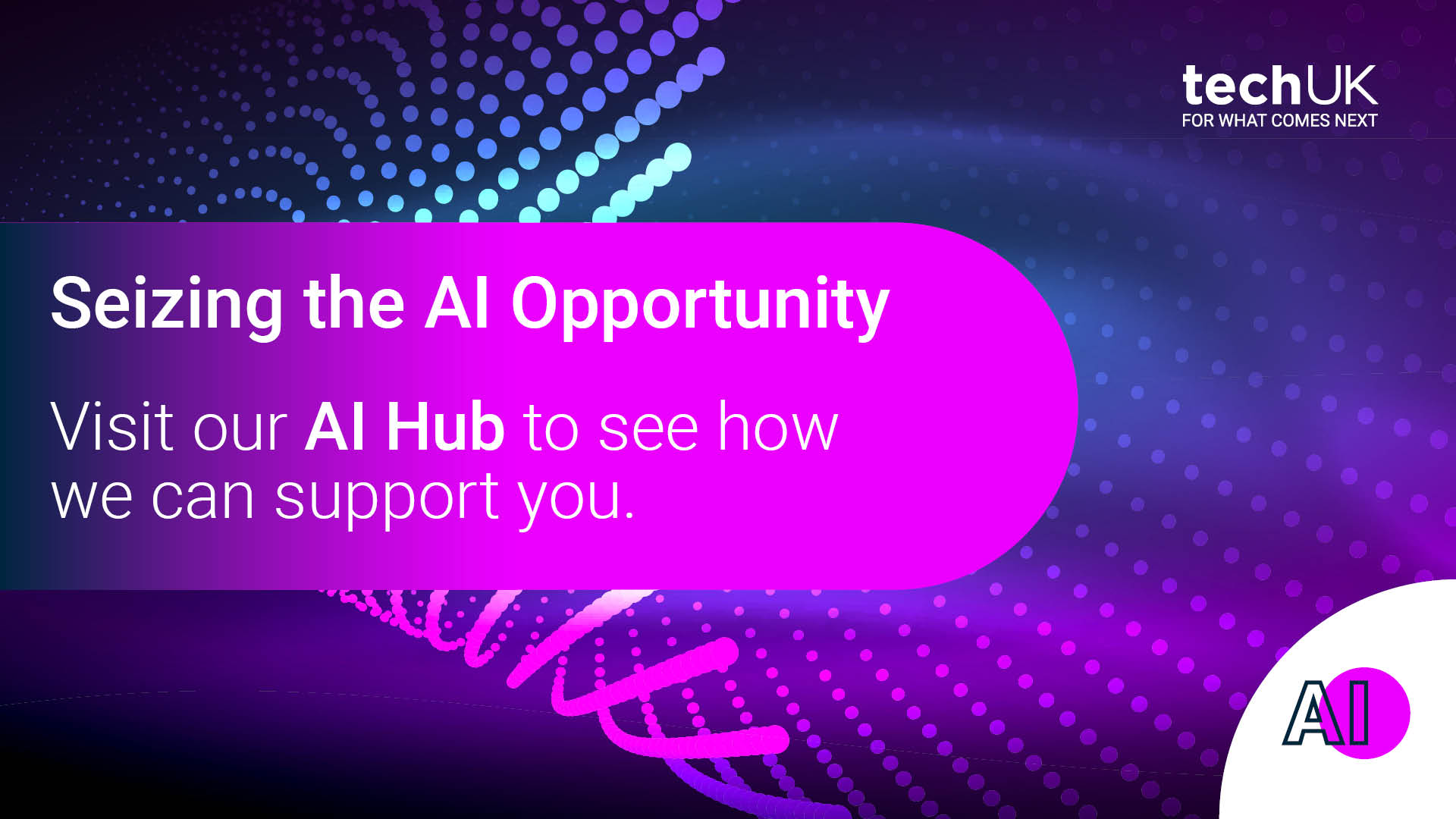Building a future-ready development team for the AI Age
Artificial intelligence is rapidly changing how software is built. From writing simple functions to automating tests and debugging, AI is increasing the pace and precision of development work. AI is becoming a powerful assistant that can help teams build smarter and faster - augmenting developers rather than replacing them.
Modular functions: speed through composition
One of the most promising uses of AI in coding is the generation of small, modular functions. These bite-sized blocks of logic can be reviewed, tested, and assembled into larger systems. Rather than building the entire solution, AI provides developers with high quality building blocks, like well-shaped bricks, that speed up construction but still require human hands to create the full structure.
This modular approach accelerates development without sacrificing control. It gives developers a flexible toolkit that reduces the overhead of writing boilerplate code while preserving architectural oversight.
When AI is used in this way - as a builder of well-defined, discrete components - it becomes easier to manage code quality and reduce the risk of introducing hard-to-trace bugs. The developer remains the architect, ensuring the final product meets performance, security and design requirements.
Debugging, testing and documentation
AI’s pattern recognition abilities make it a handy tool for debugging. It can identify syntax issues, propose optimisations and even highlight logic flaws that might be overlooked. It helps trace runtime problems and can offer context-specific fixes that speed up resolution.
AI can also automate test generation. By analysing code paths and predicting inputs, it improves test coverage and helps catch issues earlier in development. This improves reliability and reduces the burden of manual testing.
Documentation is another area AI can assist. It can explain code behaviour, summarise changes, and improve project visibility. This supports maintainability, collaboration and onboarding. These forms of automation allow developers to focus on design and architecture while helping teams move faster without compromising quality.
Challenges: control, clarity and accountability
Despite its strengths, integrating AI into coding workflows brings important challenges. One of the biggest is explainability. Developers must still understand the code, how it works, why it was written that way and how to adapt it in the future. Relying on AI for complex logic can lead to code that is harder to maintain or audit.
AI may also miss edge cases. While it handles standard code well, it may not anticipate unusual inputs or subtle conditions that a human would catch. Without careful review, these gaps can result in hard-to-detect bugs or security vulnerabilities. Another concern is design ownership. Letting AI make decisions about how features are implemented can lead to inconsistency and architectural drift. Developers need to stay in control of design direction and uphold coding standards to ensure long-term quality and cohesion.
How can developers prepare for the AI Age?
To make the most of AI, developers must go beyond simply knowing how to use tools. They need to assess AI-generated code critically, understand its implications, and know when human input is essential. Recognising the limits of AI is just as important as knowing how to apply it effectively.
Understanding the reasoning behind the code remains a core responsibility. Without that insight, developers risk inheriting systems they can’t explain, maintain, or evolve. Skills like refining AI-generated documentation, spotting missed edge cases and guiding design choices will continue to be essential.
The developers who succeed in an AI-assisted future won’t step away from the craft. They’ll stay close to the work - reviewing, shaping and maintaining code - to make sure software is not just delivered quickly, but is built to last.
techUK - Seizing the AI Opportunity
The UK is a global leader in AI innovation, development and adoption.
AI has the potential to boost UK GDP by £550 billion by 2035, making adoption an urgent economic priority. techUK and our members are committed to working with the Government to turn the AI Opportunities Action Plan into reality. Together we can ensure the UK seizes the opportunities presented by AI technology and continues to be a world leader in AI development.
Get involved: techUK runs a busy calendar of activities including events, reports, and insights to demonstrate some of the most significant AI opportunities for the UK. Our AI Hub is where you will find details of all upcoming activity. We also send a monthly AI newsletter which you can subscribe to here.
Upcoming AI Events
Latest news and insights
Subscribe to our AI newsletter
AI and Data Analytics updates
Sign-up to our monthly newsletter to get the latest updates and opportunities from our AI and Data Analytics Programme straight to your inbox.
Contact the team
Visit our AI Hub - the home of all our AI content:

Enquire about membership:












